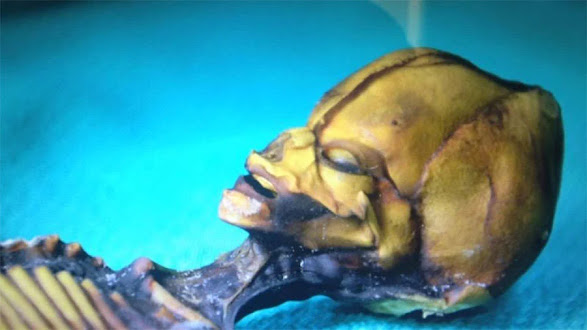Dark matter is one of the most fascinating and mysterious phenomena in the universe. It is a substance that makes up about 27% of the universe’s total mass and energy, yet remains entirely invisible and undetectable by conventional means. We know it exists because of its gravitational effects on ordinary (baryonic) matter, but its exact nature remains elusive. Here’s a detailed exploration of dark matter: 1. Observational Evidence for Dark Matter Galaxy Rotation Curves In the 1970s, astronomers observed something puzzling about the way galaxies rotate. When measuring the rotational speeds of stars in spiral galaxies, they found that stars at the outer edges of galaxies were moving much faster than would be expected based solely on the visible matter (suc...
The blog includes daily happennings, what i have learned, share worthy information, my school experience, my life experience, what i do something good, few photos, few of my works.

Comments
Post a Comment